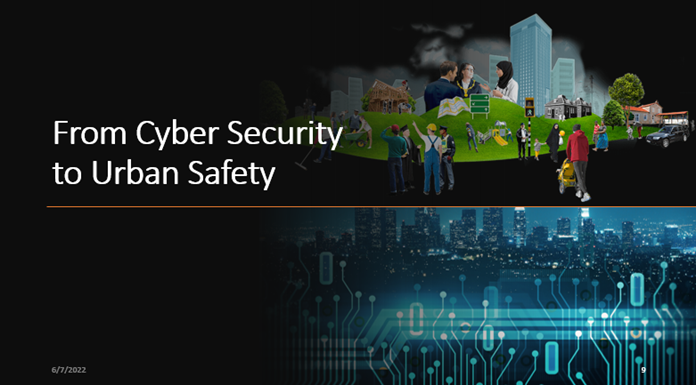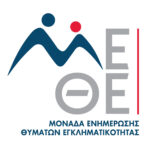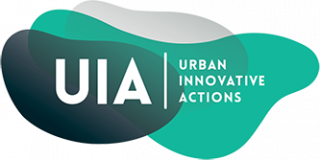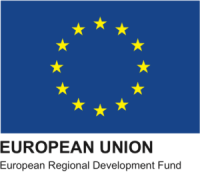Urban security is a multidimensional and complex issue that includes various societal factors such as social integration, society’s resilience as well as community awareness and empowerment. Within this context, cities serve as critical actors in tackling actual and perceived security, addressing targeted measures and implementing innovative solutions against all forms of crime and violence.
Since 2018, three European cities have been tackling the issue of urban security primarily by reshaping governance schemes, involving a broader range of stakeholders in the decision making process and enhancing data collection and analysis of safety threats. Hence, such actions require evidence-based assessment, monitoring and tracking of trends in crime and violence – and most importantly, adopting a bottom-up perspective in increasing citizen’s awareness and capacity building of local communities. Some of the solutions include improving urban planning and building resilient neighborhoods. Click here to learn more about UIA’s work and progress on implementing urban security policies and strategies in the cities of Piraeus, Tampere and Turin.
BeSecure-FeelSecure (BSFS) project based in Piraeus, Greece, is a port city along the southwest coast of Athens that aims to reinforce urban security by providing tools to the relevant stakeholders and facilitating collaboration in physical and cyber space. The project has therefore designed a digital platform, CURiM, that can be used by all citizens to help identify, track and assess security threats. This platform is an integrated solution providing the latest updates on urban security matters. Urban stakeholders for example, can identify such threats at different areas of the city and throughout different time periods. Additionally, citizens can exchange information on the platform, making it highly interactive, efficient and engaging to increase awareness and resilience. While citizens can also declare any stolen items, through Bluetooth sensors, the platform can easily track and recover the items. What is the current status? CURiM is being tested in different municipal districts in Piraeus and will be available soon on the Google Play Store to be used widely. Stay updated on the projects development and learn from its results here. You can also follow the project on social media.

In Turin, Italy, The TO-Nite project focuses specifically on night crime and aims to improve safety perception in the Dora river area through collaborative policies based on social empowerment and the engagement with residents, stakeholders as well as local communities. In addition to urban regeneration in three different locations, targeting specific interventions, TO-Nite has also developed a tool, the Urban Data Platform, that gathers and processes data from the city, analyses evolutions in order to support territorial governance policies, from security to inclusion, from management of public spaces to urban development. This platform uses different visualization tools to analyse the territory, uses qualitative data from primary research and targeted surveys, measures planning and policies’ impact evaluation. Lastly, it produces automatic and transparent data integration.
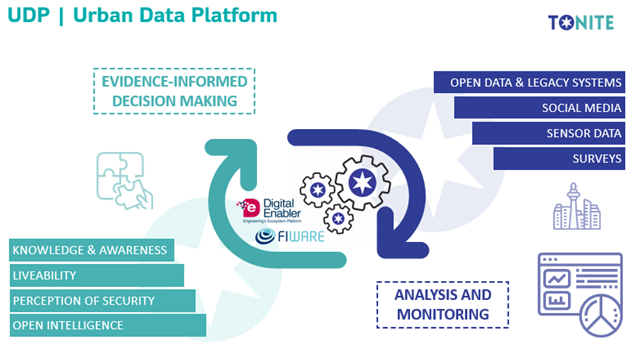
With the experience of SURE project, Tampere in Finland is now getting constructive and inspiring inputs more specifically related to urban security in events and management of large crowd concentrations. Similarly, this project is using technology as a key tool to address such challenges. For instance, smart lighting, camera technologies, video analytics and sensors to be integrated in event areas to improve urban security planning. The main aim is to detect violent situations, disruptive behavior and interestingly to follow people between image frames as well as detect people that are partially behind an obstacle. The testing of these technologies is ongoing while safety and security maps have already been developed and embedded for citizens/tourists attending major events. Moreover, SURE is developing a unique prototype for guiding participants in events, to be tested this summer and integrated to the Smart City IoT Platform.
The 3 cities working on urban security and implementing related UIA projects had the opportunity to meet in Piraeus on 4th June 2022 for the third time, gathering project representatives from all cities to give their updates and results on the use of their urban security tools. Peer-learning and regular exchanges among UIA cities is essential to build strong projects

